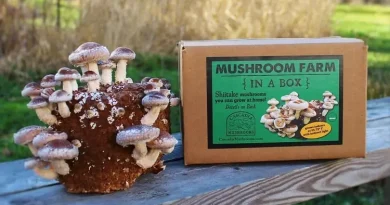Deli Paper: The Unsung Hero of Food Packaging
Deli paper, that often overlooked, translucent sheet, plays a surprisingly significant role in our daily lives. From the humble sandwich to the gourmet cheese platter, custom deli paper ensures our food stays fresh, protected, and visually appealing. Let’s delve into the world of this unassuming yet essential material.
What is Deli Paper?
Deli paper, also known as butcher paper, is a thin, translucent paper primarily used for wrapping food. It’s made from wood pulp and often coated with a light wax or mineral oil to provide grease resistance and prevent sticking. Despite its simple appearance, custom deli paper possesses unique properties that make it indispensable in various applications.
The Versatility of Deli Paper
Deli paper’s versatility extends far beyond food wrapping. Let’s explore some of its unexpected uses:
- Art and Craft: Its translucent nature makes it ideal for tracing, creating overlays, and adding texture to mixed media projects. Artists often use deli paper as a disposable palette for mixing paints.
- Baking: Deli paper can be used as a non-stick surface for baking delicate items like cookies and pastries. It prevents sticking and ensures easy removal.
- Packaging: Beyond food, deli paper can be used for packaging small gifts, creating protective layers for fragile items, or wrapping delicate products.
- Home Decor: With a bit of creativity, deli paper can be transformed into unique home decor items. You can use it for creating paper lanterns, gift tags, or even wall art.
The Science Behind Deli Paper
While it may seem simple, deli paper’s properties are a result of careful engineering. The wax or mineral oil coating creates a barrier that repels moisture and grease. The paper’s thinness allows for breathability, preventing condensation and mold growth. This combination of properties makes deli paper an excellent choice for food preservation.
Deli Paper and Food Safety
Food safety is paramount, and deli paper plays a crucial role in maintaining hygiene. Its grease-resistant properties prevent food contamination and preserve flavor. Proper handling and storage of deli paper are essential to ensure its effectiveness.
The Environmental Impact of Deli Paper
As with any product, the environmental impact of deli paper is a concern. While traditionally made from wood pulp, there is a growing trend towards using recycled materials and exploring eco-friendly alternatives. Consumers are increasingly seeking sustainable packaging options, and the Custom parchment paper industry is responding to this demand.
Choosing the Right Deli Paper
With various types of deli paper available, selecting the right one for your needs can be overwhelming. Factors to consider include:
- Thickness: Thinner paper is ideal for delicate items, while thicker paper offers better protection.
- Coating: Waxed paper provides better grease resistance, while mineral oil-coated paper is often more translucent.
- Size: Deli paper comes in various sizes to accommodate different needs.
The Future of Deli Paper
As consumer preferences and environmental concerns evolve, the deli paper industry is likely to witness significant changes. Innovations in materials, production processes, and design will shape the future of this versatile product.
Conclusion
Butcher Paper, often overlooked, is a versatile and essential material with a wide range of applications. Its ability to protect food, enhance the creative process, and contribute to sustainable practices makes it an indispensable product in our modern world. As technology and consumer demands continue to evolve, we can expect to see even more innovative uses for this unassuming yet remarkable material.




